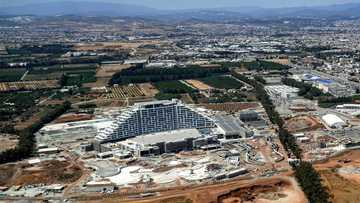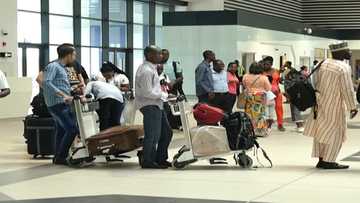Top 10 space agencies and where they stand in the modern space race
The space race marked the beginning of global space exploration. Many countries competed to be the first to launch a vessel into space. The space race resulted in the establishment of different agencies to manage inquiry. So, which are the leading institutions? Find out who the top 10 space agencies are below.
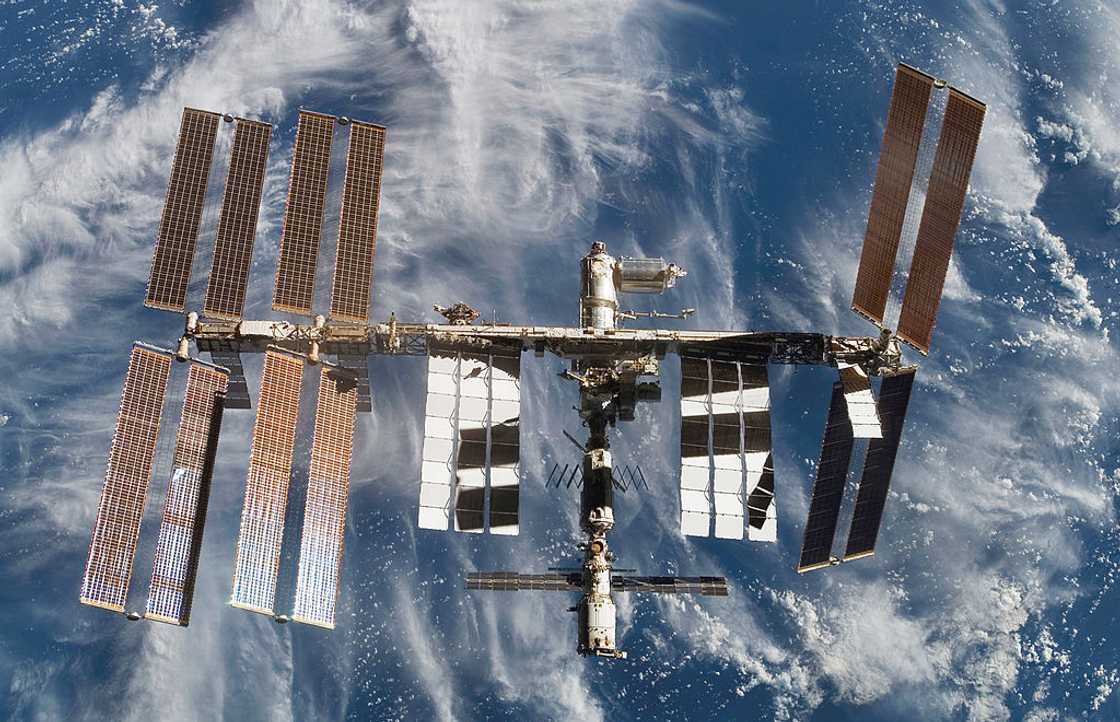
Source: Getty Images
Space agencies are responsible for conducting aeronautics and research. In orbital exploration, these institutions serve as a bridge between civilians and the government.
Top 10 best space agencies in the world
The number of cosmic exploration companies has increased in recent years. There are over 70 different agencies worldwide that work on various lunar programs. In addition, the vast majority of agencies work in collaboration with other organisations of the exact nature.
So, what makes a space agency successful? Elements such as money, government support, and successful missions.
Below is the list of the best 10 space exploration companies in the world and their annual budgets.

Read also
What is the most expensive thing in the world? 15 most expensive things in the world in 2023
10. National Centre for Space Studies (CNES)
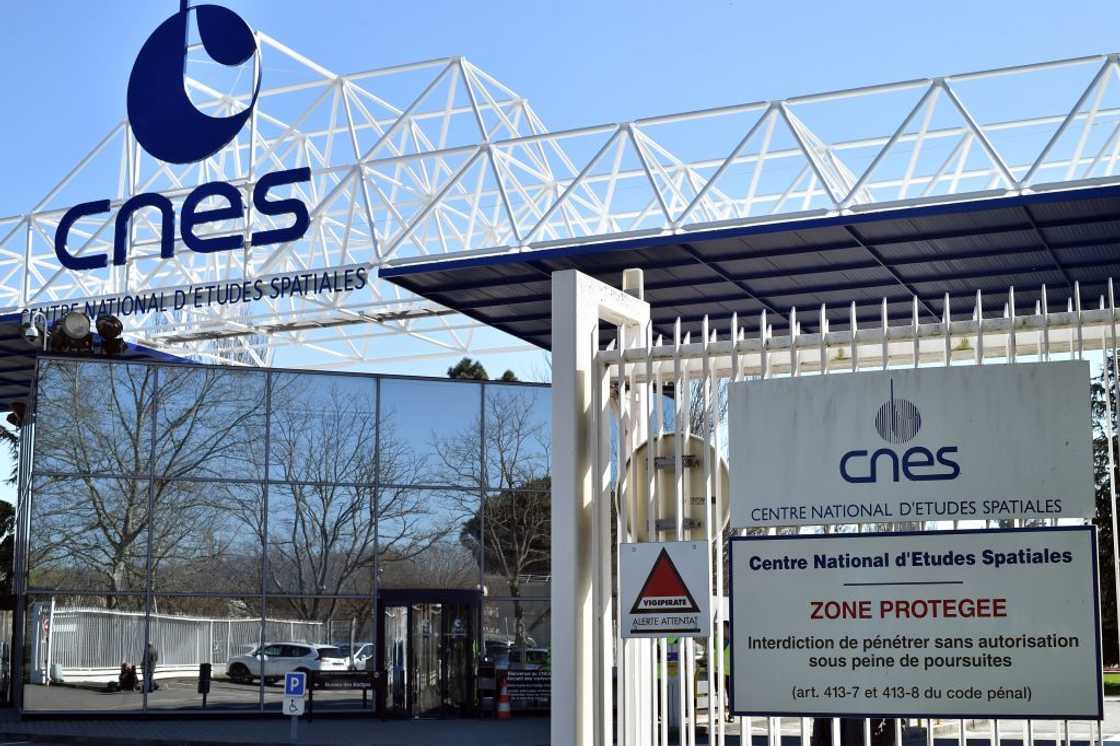
Source: Getty Images
- Founded: 1989
- Annual budget: $3.279 billion (2020)
The National Centre for Space Studies (CNES) is the French government's space agency. It is located in Paris, where its headquarters are. The CNES lies under the French Ministries of Defence and Research.
The agency operates from the Toulouse Space Center and Guiana Centre. CNES is a member of the ISSAT and is Europe's largest and most important national organization of its type.
The French agency focuses on civil applications, access to the cosmos, science and technology research, sustainable development and security and defence. The agency works in collaboration with other countries to develop reusable launch powered vehicles.
9. Italian Space Agency (ASI)

Source: Twitter
- Founded: 1988
- Annual budget: $2.1 billion (2020)
Established in 1988, the Italian Space Agency (ASI) funds, supervises and coordinates all of Italy's universal exploration activities. The establishment is based in Rome, Italy, which is the ASI's headquarters.

Read also
UG student vying for president of political science students promises study abroad opportunities
They also have other two operational centres, the Centre for Space Geodesy (CGS) in Matera in Italy and Broglio Space Centre on Kenya's coast.
The Italian cosmic industry has also undertaken human flight activities. For example, its Shuttle Multi-purpose Logistics Module cargo containers are critical for storing and transporting instruments to the ISS.
Currently, the agency is a partner in the European Space Agency's (ESA) Arian 5 heavy-lift launch vehicle programme, which can deliver a payload of over 11,000 kilogrammes to geostationary transfer orbit.
8. German Aerospace Center (DLR)
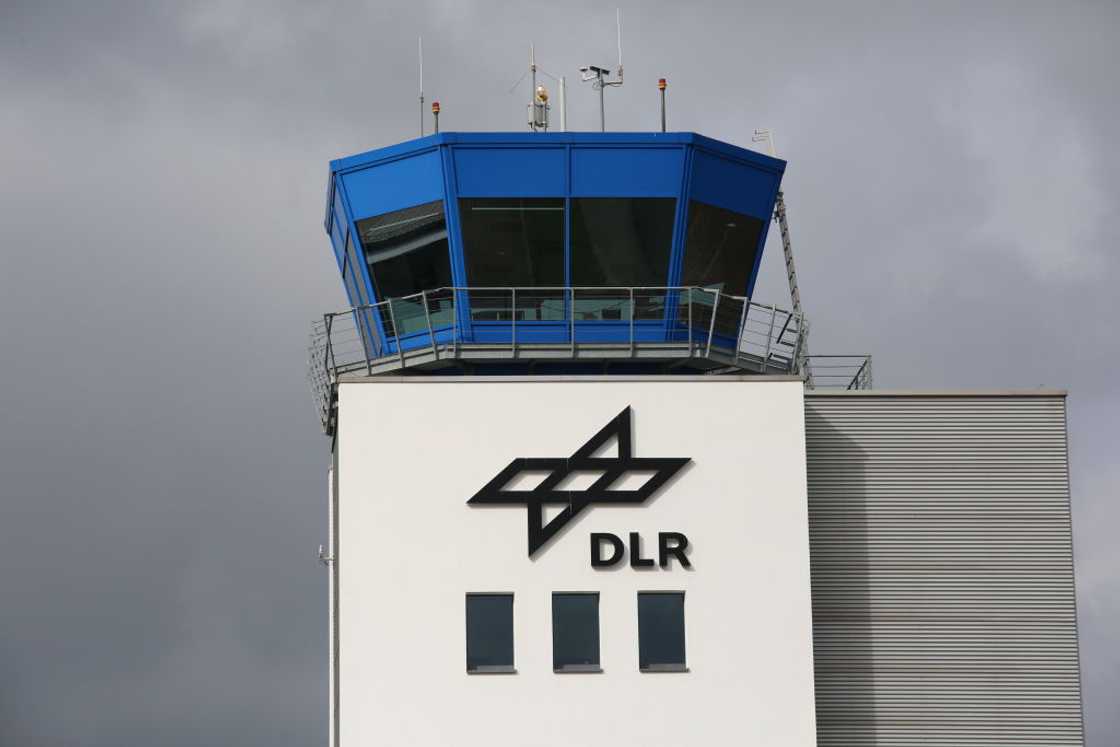
Source: Getty Images
- Founded: 1969
- Annual budget: $4.502 billion (2017)
The German Aerospace Center works in aeronautics, transportation, energy, security, and digitalization. It conducts its own missions, but it also plans and administers the German federal government's cosmos programme.
The company's headquarters are in Cologne, and it has several satellite offices spread out over the European region. Additionally, the DLR is participating in some national and international research and development programmes.
7. Japan Aerospace Exploration Agency (JAXA)
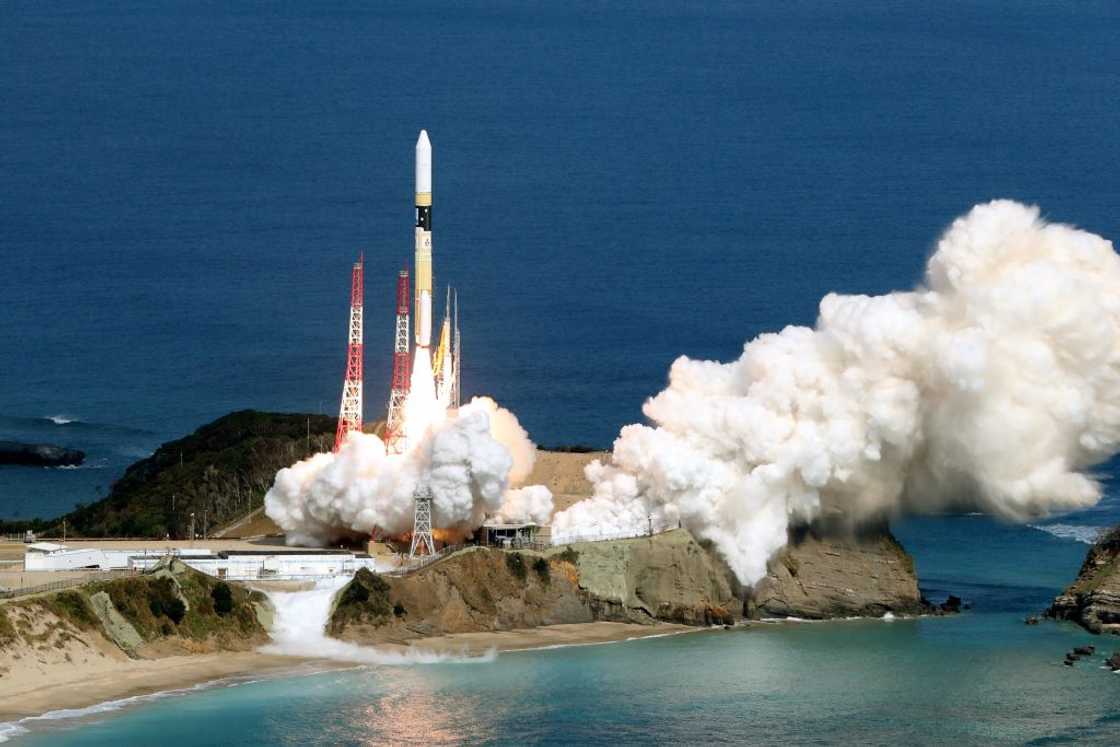
Source: Getty Images
- Founded: 2003
- Annual budget: $2 billion (2021)
Japan's national space agency is known as JAXA (Japan Aerospace Exploration Agency). On October 1, 2003, JAXA was founded by the unification of three formerly standalone organisations.
JAXA is in charge of satellite research, IT development, launch into orbit, asteroid study and possible human exploration of the moon. Its corporate tagline is Explore to Realise, and its motto is One JAXA.
6. Space Exploration Technologies Corp. (SpaceX)
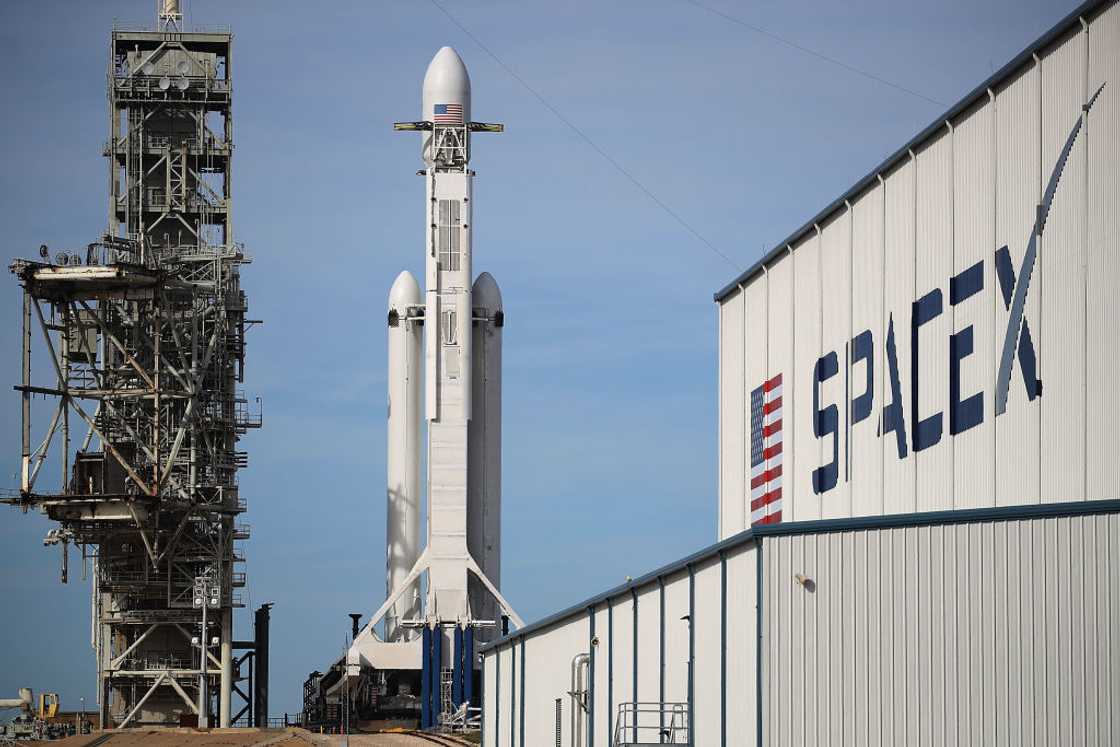
Source: Getty Images
- Founded: 2002
- Annual budget: Not disclosed as it's a private agency
Elon Musk launched SpaceX in 2002 to lower interplanetary transportation costs to enable Mars settlement. It builds the Falcon 9 and Falcon Heavy launch vehicles, multiple rocket engines, Dragon cargo and crew vehicles, and Starlink communications satellites.
The Starlink constellation will become the world's largest satellite constellation in January 2020. Starship, a reusable, super heavy-lift launch system for interplanetary flights, is also being developed by SpaceX.
Is SpaceX the only private space company? No. They are other private companies. However, SpaceX is the most famous because it helped usher in the era of commercial rocket flights. The company is aiming to provide private space flights in the future.
5. Indian Space Research Organisation (ISRO)
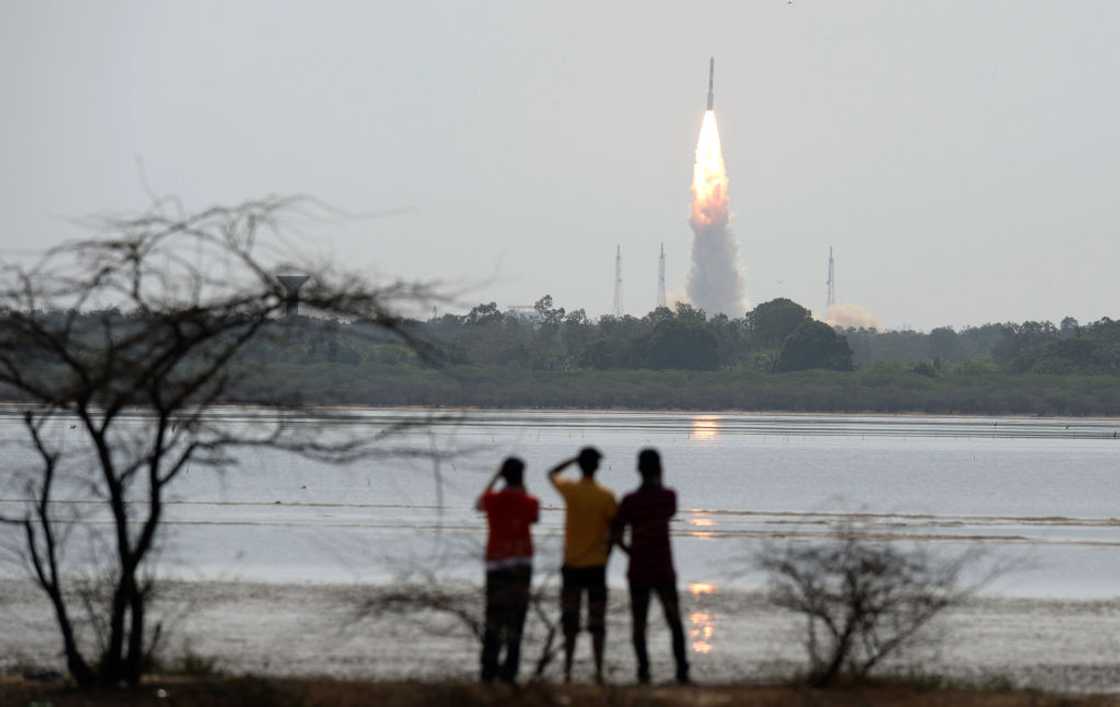
Source: Getty Images
- Founded: 1969
- Annual budget: $95.5 million in 2021
Jawaharlal Nehru created The Indian National Committee for Space Research (INCOSPAR) under the Department of Atomic Energy (DAE) in 1962. The agency grew into ISRO on August 15 1969. It is one of only six government agencies globally with full launch capabilities.
ISRO launched satellite RS-1 on its SLV-3 rocket in 1980. ISRO's programmes have played an essential part in India's socio-economic growth. It has assisted both civilian and military domains in various areas such as disaster management, telemedicine, and navigation.
4. Russian Federal Space Agency (Roscosmos)
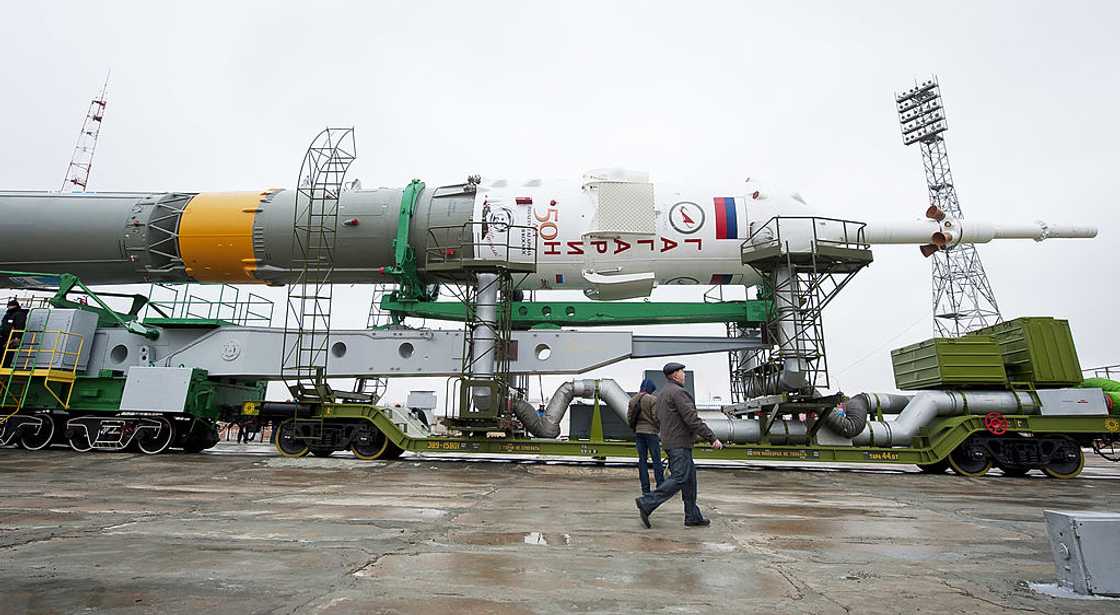
Source: Getty Images
- Founded: 1992
- Annual budget: $2.77 billion in 2020
Roscosmos is a Russian Federation state organisation in charge of cosmic flights, cosmonautics programmes, and aeronautic research. Roscosmos arose from the Soviet space programme launched in the 1950s following the disintegration of the Soviet Union in 1991.
Its headquarters are in Moscow, with the primary Mission Control Center in Korolyov and the Yuri Gagarin Cosmonaut Training Center in Star City, Moscow Oblast. Dmitry Rogozin has been its director since May 2018.
3. European Space Agency (ESA)
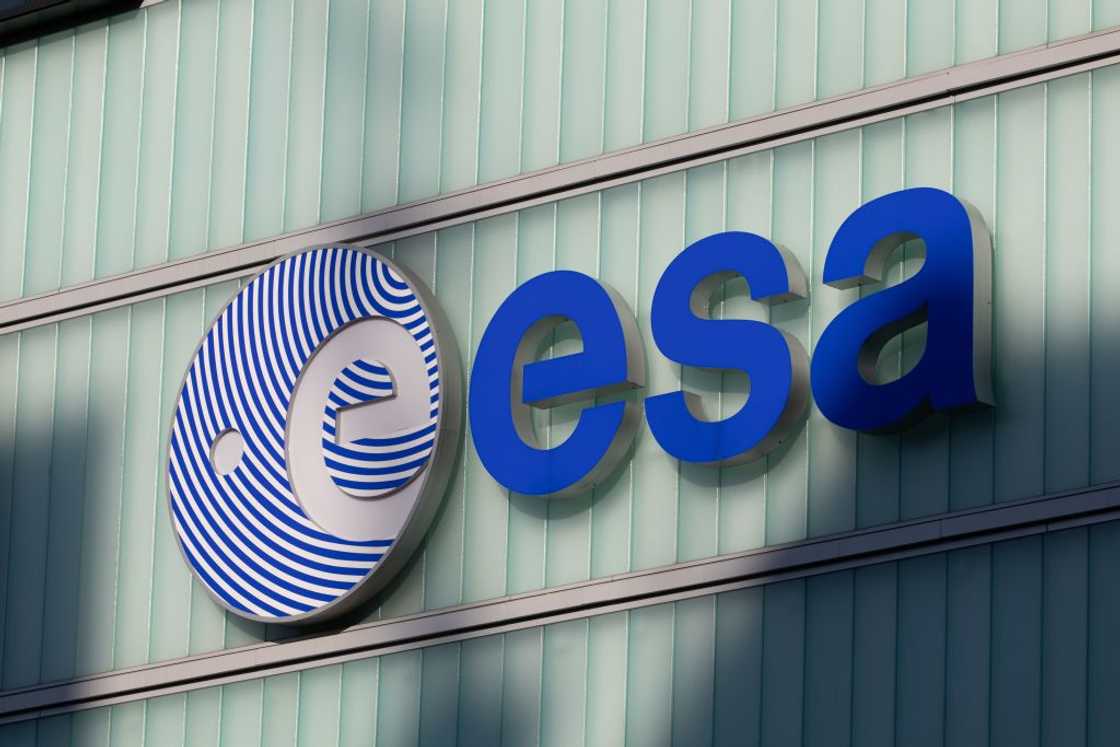
Source: Getty Images
- Founded: 1975
- Annual budget: $7.66 billion in 2021
The European Space Agency (ESA) is a 22-member intergovernmental organisation committed to celestial exploration. In 2018, it employed over 2,200 people worldwide and had an annual budget of approximately $7.66 billion in 2021.
Its activities include human lunar trips and the launch and operation of crewless exploration missions to other planets.
2. China National Space Administration (CNSA)
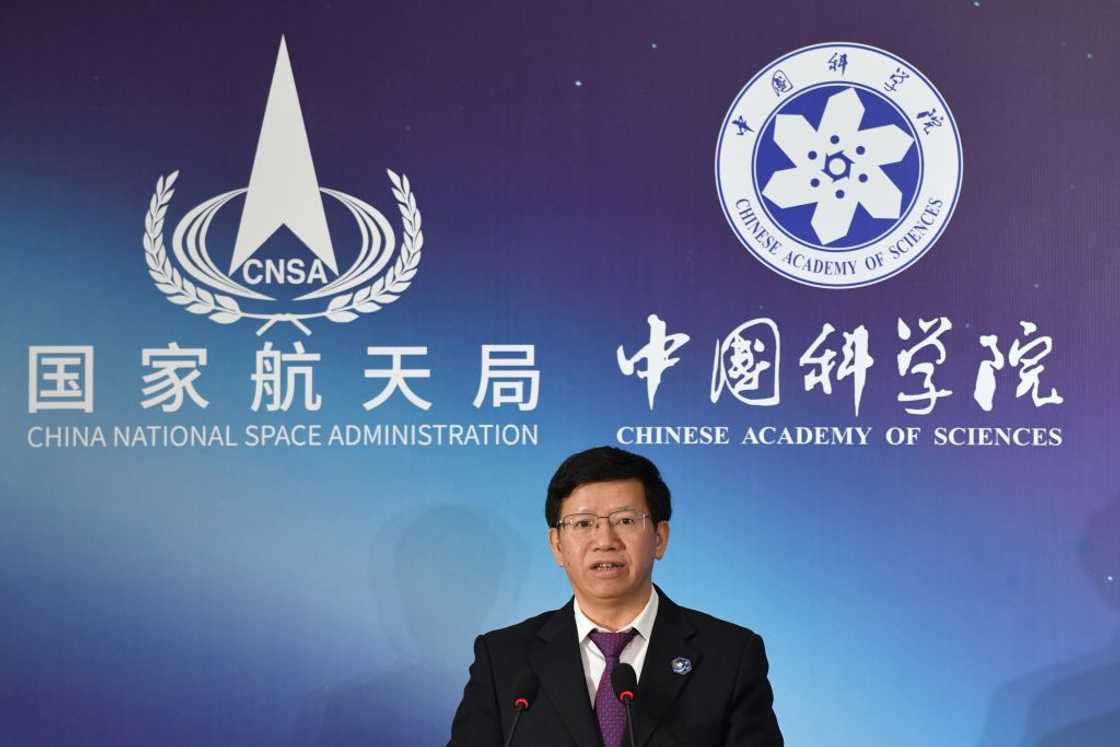
Source: Getty Images
- Founded: 1993
- Annual budget: $11 billion in 2018
The China National Space Administration (CNSA) is China's national lunar agency. It is in charge of the planning and development of cosmic exploration activities. CNSA has pioneered several milestones in the void for China, including being the first space agency to land on the far side of the Moon with Chang'e 4.
However, CNSA does not manage China's human lunar flight programme, the China Manned Space Agency (CMSA) does.
1. National Aeronautics and Space Administration (NASA)
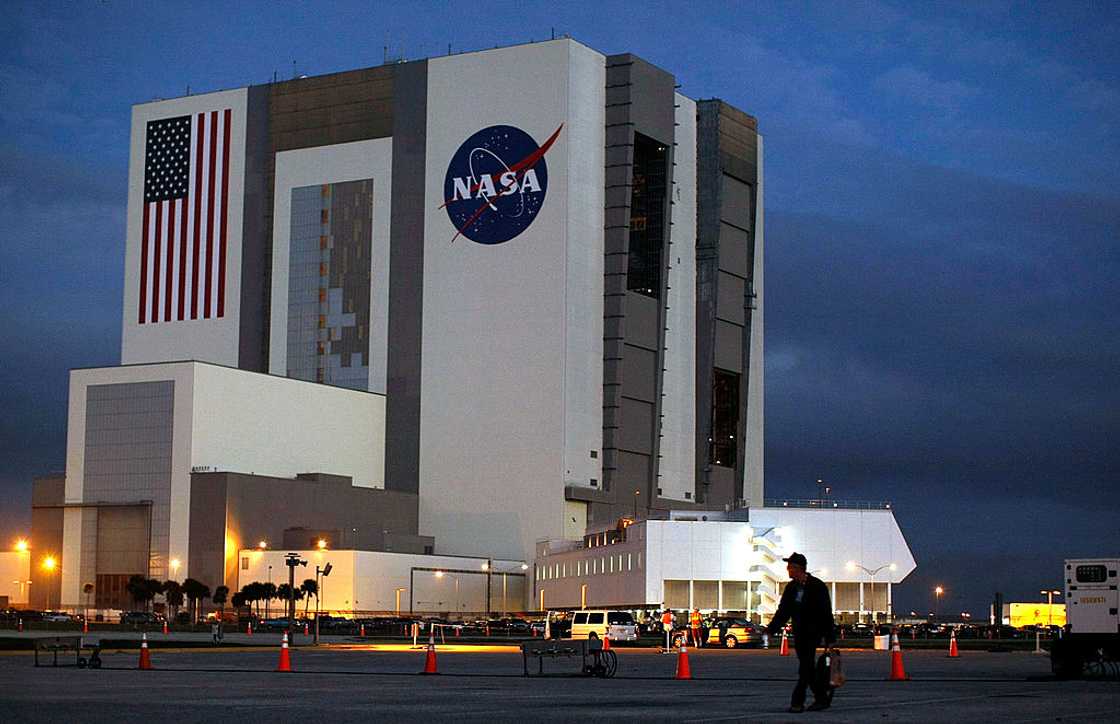
Source: Getty Images
- Founded: 1958
- Annual Budget: $22.6 billion in 2020
NASA was founded in 1958 to replace the National Advisory Committee for Aeronautics (NACA). NASA has led most US celestial exploration operations, including the Apollo Moon landing missions, the Skylab station, and the Space Shuttle program.
The agency is in charge of directing the construction of several projects. They include:
- The Orion vehicle
- The Space Launch System
- Commercial Crew vehicles
- The projected Lunar Gateway station
- Maintains the ISS
It also oversees launch operations and manages countdowns for uncrewed NASA rockets.
Space programs around the world
What is a space programme? It is a coordinated effort by a government or a business to explore the cosmos. So how many lunar programmes are there around the world? There are over 80 science missions currently active in the world.
One of the upcoming lunar missions in the world is the Thailand space program. The Thai government has revealed plans to launch a rocket to the moon within the next eight years, with a budget of $92.3 million.
Private space companies
How many private space agencies are there? There are more than ten leading private agencies in the world. However, due to the lucrative nature of interplanetary exploration, many private companies are getting involved. Here are some of the private companies:
- Northrop Grumman Innovation Systems (NGIS)
- Orbital
- Sierra Nevada Corporation (SNC)
- SpaceX
- Blue Origin
- Boeing
- Scaled Composites
- The Spaceship Company (TSC)
- Copenhagen Suborbitals
- PD Aerospace
How many people are in space?
According to SpaceExplored, there are ten astronauts in space. The astronauts are in the International Space Station (ISS) and China's new Tiangong space station. Below are the astronauts and the days they have spent in orbit.
- Pyotr Dubrov (Roscosmos) - 144 days
- Akihiko Hoshide (JAXA) - 130 days
- Shane Kimbrough (NASA) - 130 days
- Megan McArthur (NASA) - 130 days
- Oleg Novitskiy (Roscosmos) - 144 days
- Thomas Pesquet (ESA) - 130 days
- Mark Vande Hei (NASA) - 144 days
- Nie Haisheng (CNSA) - 75 days
- Liu Boming (CNSA) - 75 days
- Tang Hongbo (CNSA) - 75 days
The ISS is meant to have cosmonauts and astronauts on board at all times. As a result, since the first expedition trip in 2000, women and men have continuously lived and worked in space.
The top 10 space agencies in the world have assisted their countries through space exploration discoveries. In addition, scientific research has proven helpful in various disciplines, including medicine, defence, and communication. However, because of the engagement of private corporations in the lunar race, the next man to set foot on the moon could be a civilian.
Yen.com.gh has published an intriguing article about the top multinational companies in Ghana in 2021. Did you know that between 2011 and 2016, there were 37 more American enterprises in Ghana?
Did you know that in Ghana, international enterprises are required to use the country's name? Find out more about international corporations in Ghana and the businesses they run.
Source: YEN.com.gh


